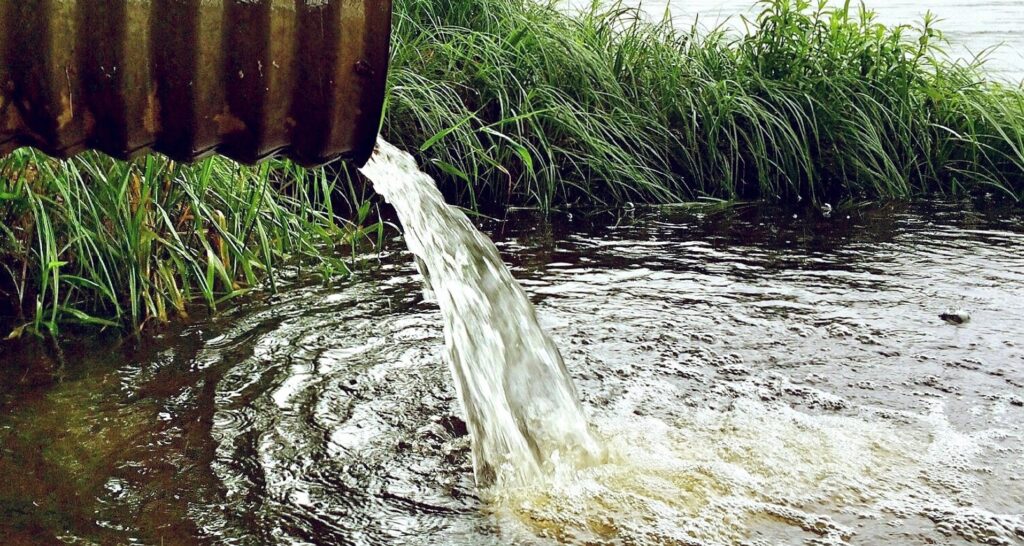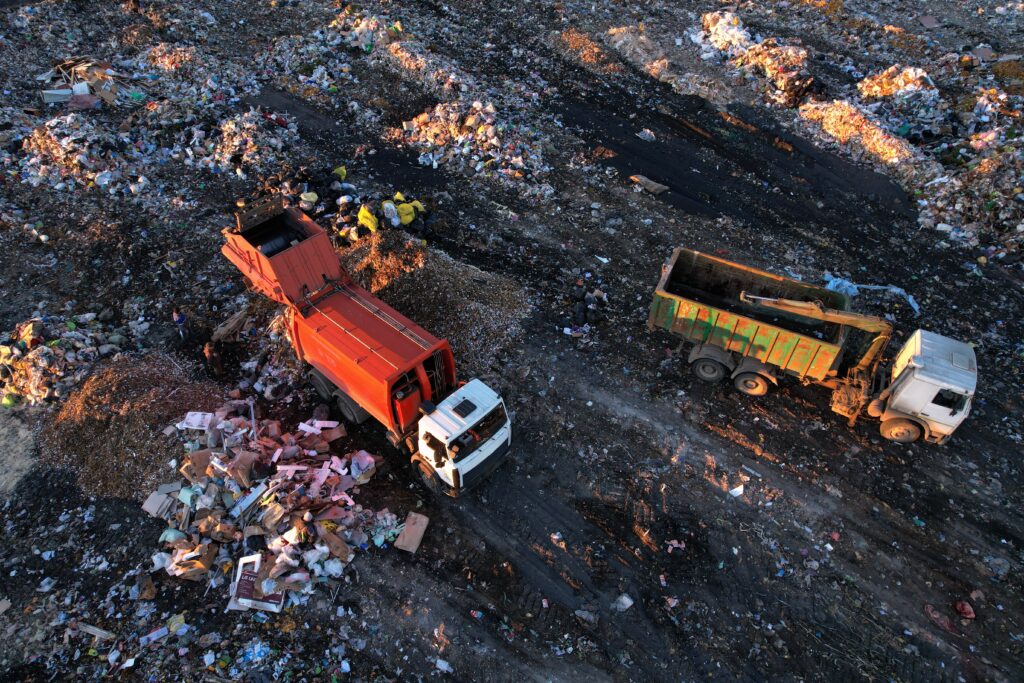In its report released today (24 July 2025), ‘Nitrogen: time to reduce, recycle, reuse’, the committee says that effective nitrogen management aligns with Defra’s focus on the circular economy.
Nitrogen is an essential chemical element for all living things but when it combines with other elements, it can form dangerous and deadly pollutants that are damaging to human health and the environment. Agriculture, wastewater, transport and industry are the main contributors to nitrogen pollution in England.
The committee has said that the “lack of a holistic, cross-departmental approach” to nitrogen management means there are missed opportunities to deliver synergies with other government priorities.
There are said to be a range of existing and emerging opportunities to reduce, recycle and reuse nitrogen from residue streams like solid manure, slurry and wastewater, which should be maximised.
Calls for action
The Environment and Climate Change Committee is specifically calling on the government to:
- Produce a nitrogen strategy to bring together the work of various government departments and ensure improved coordination. This should include quantifying the major flows, sources and sinks (a balance sheet) for nitrogen pollution.
- Simplify the regulatory system and toughen enforcement, by clarifying roles and responsibilities of those involved in nutrient management for wastewater and making clear what constitutes advice and what is a requirement within farming regulations.
- Implement a circular approach to nitrogen management, providing clear policy direction for the farming and wastewater sectors. This involves three key principles:
- Reduce inputs, such as nitrogen fertilisers and nitrate levels in wastewater discharges;
- Maximise efficient use of nitrogen, for example by testing soils and increasing awareness of best practice; and,
- Reuse a greater proportion of nitrogen by supporting the expansion of nutrient recovery technologies in the wastewater and agricultural sectors.
- For agriculture, prioritise low-hanging fruit measures that can deliver reductions in nitrogen emissions, such as covering slurry stores and using low-emission spreading techniques by 2027.
- For wastewater, promote collaboration between the wastewater and agriculture sectors to implement upstream catchment-based and nature-based approaches as well as opportunities for innovative waste management solutions that reuse nitrogen.
- For transport and industry, ensure the revised Clean Air Strategy establishes a credible, accountable and funded plan to achieve air quality targets, supported by improved coordination with local authorities and more comprehensive monitoring.
Baroness Sheehan, chair of the Environment and Climate Change Committee, said: “It is an essential priority to quantify the major flows, sources and sinks of nitrogen and minimise nitrogen pollution by capturing and re-using pollutants, turning them from damaging waste into a valuable resource.
“We are therefore calling on the government to take a more strategic, holistic and innovative approach to nitrogen management, recognising the importance of tougher regulation and the opportunity to deliver improved outcomes for public health, the climate, nature, wildlife and farmers.”









Subscribe for free